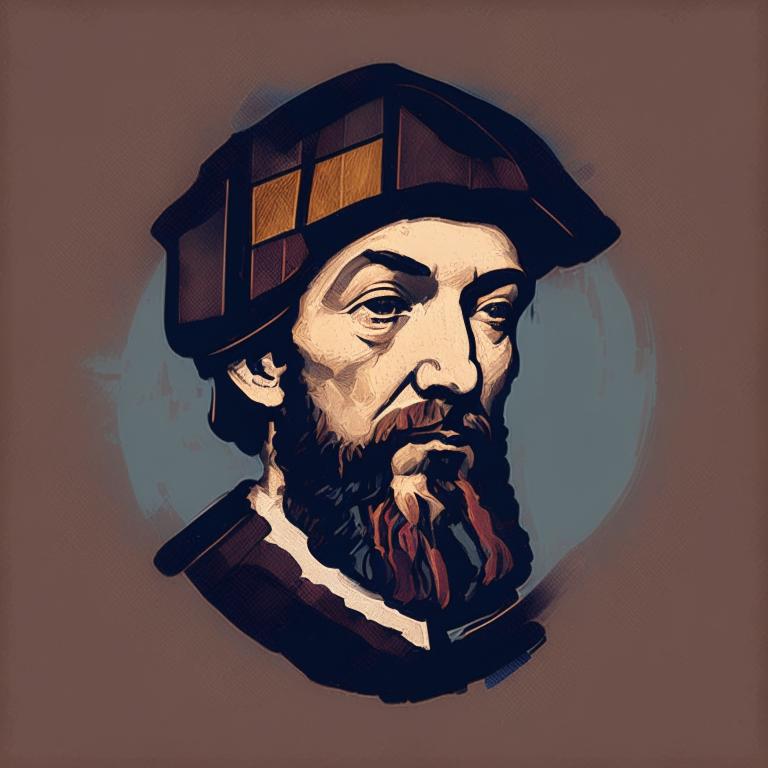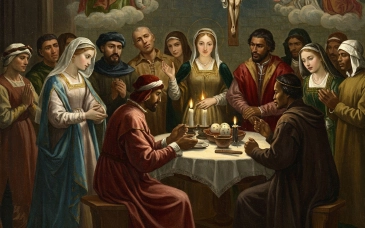John Calvin was a French theologian and pastor during the 16th century. He is best known for his role in the development of the system of Christian theology known as Calvinism, which emphasizes the sovereignty of God and the doctrine of predestination.
Calvin's ideas were influential in the Protestant Reformation and continue to shape Christian theology and worship today. He wrote many books, including the influential "Institutes of the Christian Religion," which outlined his theology and served as a guide for the Reformed Church.
Calvin's teachings emphasized the importance of the Bible as the ultimate authority in matters of faith and practice. He also emphasized the importance of a personal relationship with God through faith in Jesus Christ.
In addition to his theological contributions, Calvin also had a significant impact on the political and social structure of Geneva, Switzerland, where he lived and worked. He helped establish a theocratic government in the city and worked to improve the education and welfare of its citizens.
Despite his historical importance, Calvin has also been a controversial figure. Some have criticized his theology and his role in the persecution of dissenters in Geneva. However, his contributions to Christian theology and his impact on the Protestant Reformation continue to be studied and debated by scholars and theologians today.




